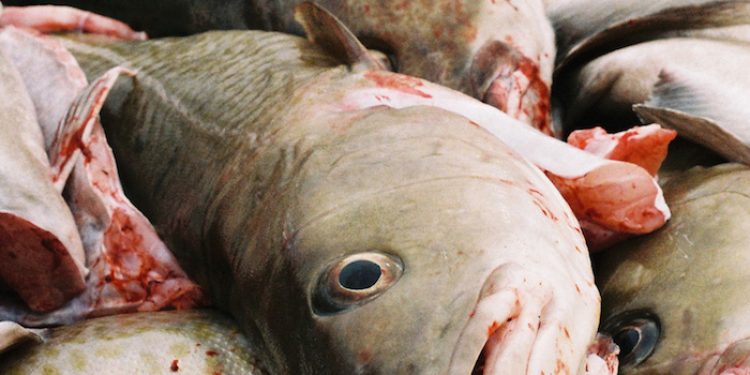The European Commission has announced an agreement on amending the rules currently in place for protecting cod stocks.
Known as the cod recovery plan that has been in existence since agreement was reached in 2004, and with 2008 revisions, this has long been one of the most controversial and reviled pieces of EU fisheries legislation. The Council of Fisheries Ministers and the European Parliament last week reached an agreement that discontinues the effort regime, on the grounds that this hampers the full application of the landing obligation on areas where the cod recovery plan applies.
According to the EU Commission, this gives fishermen greater flexibility while also simplifying the rules on allowable catch limits, bringing them in line with the new Common Fisheries Policy.
This relaxation of regulations has been made, pending a new set of more permanent management plans for the North Sea and North Western Waters.
The cod recovery plan’s legacy is still firmly present. Both the EU Parliament and the Council of Fisheries Ministers have placed emphasis on maintaining the selectivity and discard reduction measures that were developed under the cod recovery plan, on the premise that these will make phasing-in of the landing obligation for demersal catches easier.
The cod recovery plan was agreed in February 2004, and revised in November 2008, covering ICES areas III, IV, VIa, VIIa and VIId. Its long-term target was to reduce fishing mortality on cod and to maximise the yield of cod.
Some of the areas where the cod plan has applied are now experiencing abundant cod catches, to the extent that it is virtually impossible to avoid catching cod. Some other regions, effectively at the southern extremity of cod’s distribution, are still experiencing a low cod abundance – although the reports fishermen give of cod abundance rarely seem to coincide with what researchers are able to find.
Cod is currently showing a high abundance across northern waters in general, from Greenland to the Barents Sea, most of which have not had the benefit of a cod recovery plan with its conflicting mix of quotas, days at sea limitations and now the landing obligation that began to come into force for demersal species at the beginning of this year.
Whether the resurgence of cod is down to natural fluctuations in the marine environment or the harsh restrictions applied by governments under the cod recovery plan is something that remains open to debate.









